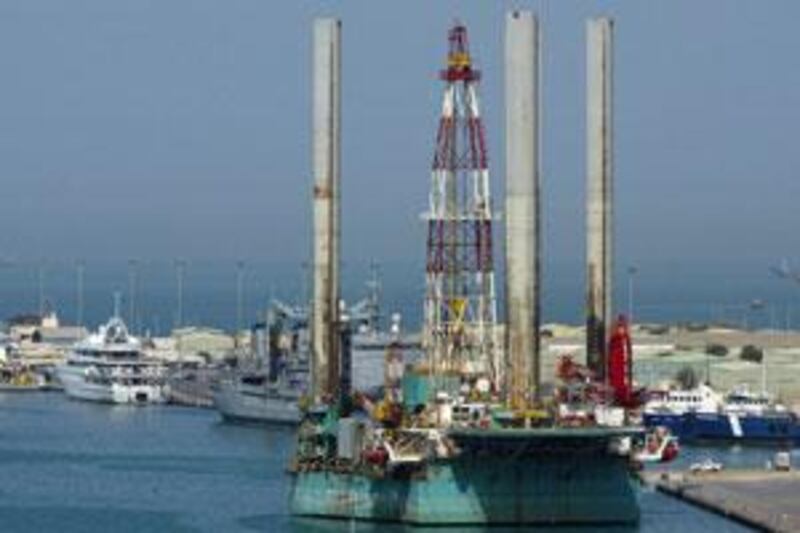The International Energy Agency cut its forecast again today for global oil demand this year, but warned about a future supply crunch because of current low investment levels. The energy watchdog for industrialised nations forecast that global oil demand would measure 84.7 million barrels per day (bpd) on average in 2009 ? 570,000 bpd less than its last forecast made in January. At this level, demand would be 1.1 per cent or 1.0 million bpd less than in 2008, when demand also fell compared with the year earlier.
"Not only will the two-year contraction in oil demand be the first since the early 1980s, but 2009's decline will also be the largest since 1982," the IEA said in its monthly oil report. The watchdog, which has been revising down its once-buoyant forecasts for oil demand steadily since the end of last year, said its revisions were based on new economic growth forecasts from the International Monetary Fund.
The IMF slashed its global growth forecast for 2009 at the end of January, saying the financial crisis and spreading economic problems would result in expansion of just 0.5 per cent, its lowest rate since World War II. The bleak economic environment has pushed oil prices down to below US$40 (Dh147) a barrel in recent weeks, far from their peaks of nearly 150 dollars last year, despite production cuts by Opec oil producers.
The Organization of Petroleum Exporting Countries (Opec) has slashed its output in successive decisions to try to support the plunging market. The IEA, echoing warnings from industry insiders and Opec members, warned that one of the effects of low prices would be a delay in investment in future capacity which will be needed once global growth picks up again. "Ultimately, low prices sow the seeds of their own destruction, and only clear signs of a recovering global economy will spur investment in new oil supply," the report said. The secretary general of Opec, Abdalla Salem El-Badri, said on Monday that members of the cartel had already postponed 35 oil drilling projects because of low crude prices. He has said that Opec members need a price above 50 dollars per barrel for their exports to encourage investment and balance their government budgets. Many expensive oil projects have been called off in the last 12 months, particularly in Canada's high-cost tar sands, but news that Opec countries are also reducing investment has sounded an alarm for analysts. *AFP





